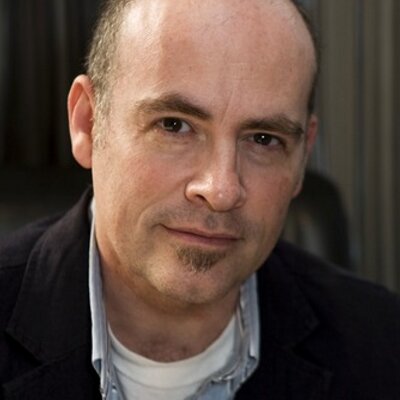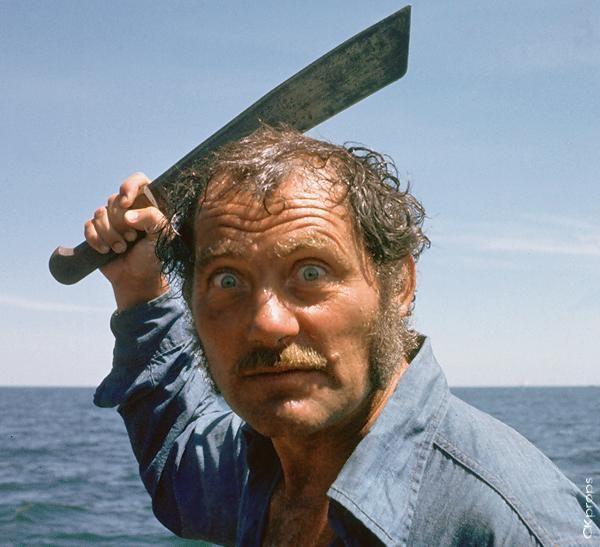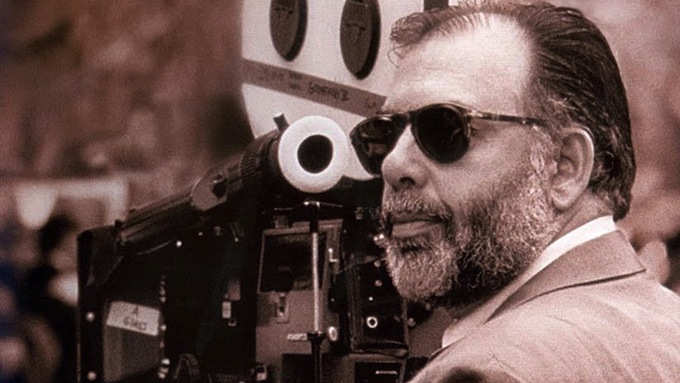“Professional screenwriters make writing an excuse not to do other things.” Don’t have the time to write? Bull. Yes you do. Everyone has exactly the same amount of time each day. What is your priority? Make writing the most important thing in your life for a couple of days and you’ll see how much time you really have. Even if you scribble onto a napkin, take the time each day and write something - move your story forward. You have time to write. Don’t make excuses or procrastinate. You can do it. Do so now! “It’s amazing how many things you can do when you’re trying to avoid writing.” Isn’t it incredible how important everything else seems to become once you’ve decided to sit down and actually put words on the page? You’ll find yourself answering old emails, reading blogs or the news, (and my own, personal weakness), looking up new software tools and workflows that’ll help you become a better, faster writer.
Do what you need to do: turn off the internet, lock your office door so that the kids won’t bother you, etc. Avoid FaceBook and other social media like the plague - don’t get me wrong, they have their place and time - but this is not it. Give yourself a time limit. Ten minutes. Force yourself to actually write for ten minutes straight. This isn't ten minutes spent planning writing or brainstorming - this is actual writing time. Get one, small concept out of your head and onto the page/screen. You might start a thought process and actually spend more than ten minutes. That's fine, but make yourself get in at least ten minutes of solid writing. You're a writer. Now, get writing!
0 Comments
“Find a subject you care about and which you in your heart feel others should care about. It is this genuine caring, and not your games with language, which will be the most compelling and seductive element in your style.” One of the main mistakes made by student filmmakers along the way, is telling the wrong story. Picking the wrong "dilemma". Or making something dramatic out of the trivial.
There is an enormous difference between a great idea and a great idea for a movie. Ideas are easy; a dime a dozen. Generating ideas is by far the easiest part of the entire process. But fleshing those ideas out, visualizing them (in the form of a movie), structuring them so that they are widely understood and most effective, and executing them throughout the three phases of filmmaking - now that’s the real challenge. Most of the time, the student filmmaker will present a solid concept but the execution of that concept is what’s lacking. There are certain types of films that keep cropping up and deserve mentioning and they are most likely why student films get a certain stereotype. Examples are: potty-humor films (practical joke types), most parodies, sexual exploration, suicide, drug use (getting that next “hit”), high school break-ups, cheating on a test, etc. Now, in and of themselves these can be very serious subjects and ideas worth pursuing. But the execution, or actual crafting of these stories, is where most students come up short. That is why every idea is not necessarily a good idea for a movie. Just because you can do something doesn’t mean that you should do it. Just because you can get the camera inside a toilet stall, doesn’t mean you should. So, when coming up with ideas and concepts for your student film, remember you have to actually make this movie - and you want people to watch and enjoy it! Rise above the natural tendencies and base-humor situations, and make a film that will have a lasting impression (not just a quick-hit with a joke or a prank). You will end up spending a significant amount of time on this film, and you will view it over and over. So, why not make it something that inspires you? Or, something that makes me want to be a better human being for having viewed your film? How about something that will get your audience asking, “what happens next?”, “what if this happened to me?”, or something similar. -Stu Picture found at monologuedb.com “Give me the same thing… only different.” Guess what? There’s absolutely nothing wrong with making a film that has a similar concept to another, existing movie. Hollywood does it all of the time. Why? Because it sells. It works. It puts butts in theater seats, that’s why. So why should you, as an indie filmmaker, be afraid to use the same basic concept as a successful film you’ve seen and liked?
Now, don’t get me wrong here. I’m not suggesting that you copy a films plot or scenario. Not even close. What I am saying, is that I want you to look at successful films and study their themes. What is the moral of the story? How can you change things to keep true to that film’s theme without blatantly copying its premise and plot? Let’s look at a few films that are very similar, yet find a creative way to tell the same basic story - in a different way or format. The movies, Groundhog Day, Liar, Liar, and Freaky Friday share a lot of the same story elements. They’re basically them same film - just told in three very distinctive ways, times, and places. Right? They all start with characters who have flaws (but have the potential to be nice), something magical happens to catapult the protagonist into a really impossible situation with no real way back. Then, once the hero learns his or her lesson - they can then discover a way back to the normal life with the lesson learned. How about Star Wars, The Wizard of Oz, and Back to the Future? All pretty much the same story - just different worlds and individual scenarios. But, still the same basic story. The hero is discontent with the status quo and must go out on the road and collect things. And finally in the end - they end up discovering themselves. These are just a couple of quick examples. But it works and is a very effective way of taking the the theme or heart of a great movie and making it work for you and your new, creative scenario. This is the only element of these big movies that I suggest you “steal”. Don’t copy the shark from Jaws. Copy the theme: An average man looking for his place in the world and trying to make a difference to society, but mostly to himself and his family. Now that’s a story worth telling! The shark just happens to be something that delivers scenarios and ways to make our protagonist grow. But in reality, its just the same story as Alien, or even The Exorcist. It’s just told in a different way and different venue. All of these films have to defeat the “monster” in order to complete that inner growth. Now, being an independent filmmaker usually means that you are dealing with a low (or nonexistent) budget. It also means that minor details, like actors or crew members - are harder to come by. But that doesn’t mean that you should further handicap yourself by choosing the wrong concept or story for your film. There are some types of films that actually lend themselves to a smaller budget, fewer locations, and fewer actors. Here are just a few concept ideas: Coming of age films, romance, underdog stories, documentaries, horror films, and local sports or inspirational films. All of these sub-genres will help you from having to delve into the expensive world of visual effects, stunts, and large groups of actors to pay. Remember, it’s the heart or theme of the story that needs to shine - not gadgets, cars, or battle scenes. Once you’ve proven yourself as a great storyteller, then the money for these somewhat extravagant things will flow naturally to you. Just remember, it’s not about spaceships that makes Star Wars a great movie (although they definitely add a lot of fun). Its the universal themes of friendship, good versus evil, standing up for what’s right - that make it an all-time great film. -Stu Image found at mustseecinema.com “I became quite successful very young, and it was mainly because I was so enthusiastic and I just worked so hard at it.” Get Started!Don’t fool yourself into thinking that screenwriting is glamorous. It’s work. Hard work. And possibly one of the hardest things to do is to actually start writing. Screenwriting is technical, it's artistic, and it is definitely satisfying. But, it requires concentration and focus that is unmatched in filmmaking. That is why it's so important to be energetic, to be excited by the inherent challenges screenwriting throws your way.
There are any number of distractions out there, but by simply starting to write something, anything - you soon gain momentum and are able to put the distractions aside. So, shut off your phone. Unplug the network/internet cable from your computer, and start shaping a story. Choose subject matter that is engaging and important to you, for you will spend countless hours slogging away at this. Make sure it excites you, personally - because after a few weeks, it'll get monotonous. But, don't delay. Don't plan it all out in your head. Don't outline it into oblivion. Just get started already! Technology is a marvelous thing. With the progression of blue or green screen technology, motion capture, and the aid of computer graphics and effects - concepts, ideas, and stories that were once impossible to put on film have become the reality of modern filmmaking. There is always a way. Don’t let anything stifle your creativity when it comes to screenwriting. Write the type of movie that you yourself would want to see and don’t let technical aspects shape your story in any way. Make them work for you, not dictate how you must work. Remember, story is more important that visual effects. At the end of the day, it's all about what happens to your characters, how they react, and what they'll do about it - that matters. Make your story so compelling, so irresistible, that producers absolutely have to make it! |
Writer of screenplays, fiction novels, inspirational stories, and short stories. Archives
April 2024
Categories
All
|





 RSS Feed
RSS Feed